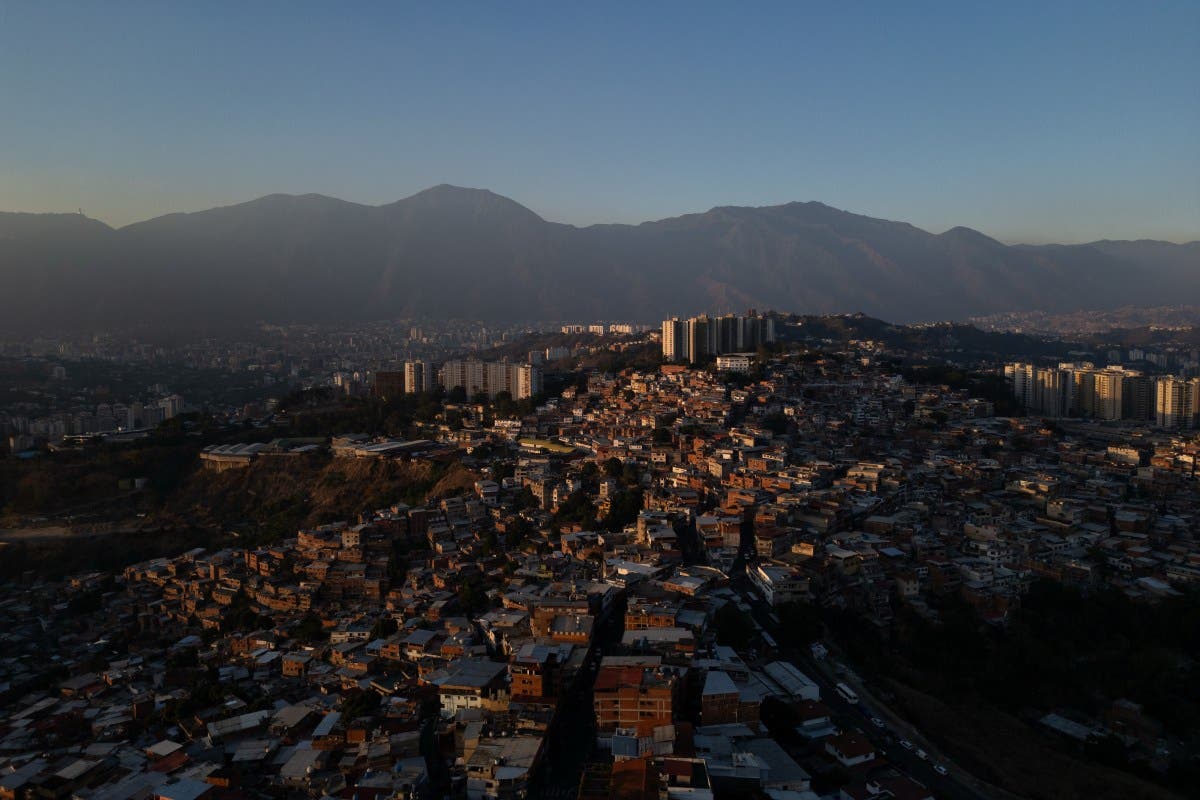With tensions between the United States and Venezuela reaching a boiling point, and President Donald Trump reportedly considering options to strike Caracas directly, military analysts are highlighting the formidable natural defenses that could turn any U.S. military operation—especially a ground invasion—into a quagmire.
Venezuela is roughly twice the size of Iraq and features a vast and diverse terrain that includes mountains, jungles, and a densely populated urban coastline. The Venezuelan Andes Montane Forest region, located near the Venezuela-Colombia border, serves as a natural barrier comprising high-altitude woodlands that function effectively as a natural border wall. Additionally, the country’s southern region is covered by extremely dense jungle in the Amazon basin, presenting another significant natural obstacle.
The northern coastline of Venezuela stretches along the southern Caribbean Sea. This is where the USS Gerald R. Ford carrier group is currently headed to bolster the Pentagon’s growing military footprint in the region. The fleet is conducting operations targeting alleged drug traffickers transiting the Caribbean.
Caracas, Venezuela’s densely populated capital and the likely target of any military action, is situated behind the Venezuelan Coastal Range—an extension of the Andes—which effectively insulates the city of 3 million people between the sea and the jungle. However, this concentration of people could represent a vulnerability for the Maduro regime in the event of an invasion, according to Mark Cancian, senior defense and security adviser at the Center for Strategic and International Studies (CSIS).
“Most of the population is along the coast in the north or just inland,” Cancian told Newsweek. “They could capture Caracas.”
In addition to deploying the Gerald Ford carrier group, the Pentagon has also sent F-35 fighter jets and Reaper drones to Puerto Rico, Reuters reported. This move further suggests that the U.S. territory could serve as a strategic military hub in the event of airstrikes on Venezuela.
The deployment of the Ford carrier group has been the most notable move by the Trump administration so far. The carrier was observed leaving the Mediterranean Sea on Tuesday and is currently en route to the Caribbean. The fleet is expected to arrive as soon as next week.
While these deployments collectively indicate preparations for a potential airstrike campaign, a ground invasion by U.S. forces presents a far more complex challenge.
“Our judgment is that the United States doesn’t have nearly enough troops in the Caribbean to conduct an invasion,” Cancian said. “The United States has immense military power, but it has to get that power to Venezuela.”
### Where Trump Stands
When asked by CBS News in an interview aired on “60 Minutes” last weekend whether he believed Venezuelan President Nicolas Maduro’s days were numbered, President Trump replied, “I would say yeah,” but stopped short of confirming whether any military action against the Venezuelan regime was imminent.
“They’ve been treating us very badly, not only on drugs, they’ve dumped hundreds of thousands of people into our country that we didn’t want, people from prisons,” Trump said. “They emptied their mental institutions and their insane asylums into the United States of America.”
https://www.newsweek.com/venezuela-natural-defenses-caracas-maduro-trump-10992517



